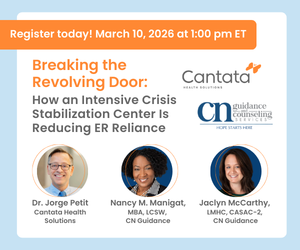Children With Positive Connections To Supportive Adults Have Improved Mental Health Status Later In Life
Children who have at least one positive, committed adult-child relationship are less likely to experience depression, anxiety, and perceived stress later in life, according to a study of how resiliance factors and adverse childhood experiences (ACEs) affected youth from the Bronx, New York and Puerto Rico. Lower perceived stress was found later in life for thosewith positive parent-child relationships and positive nonparental adult support during childhood. These relationships were also associated with lower odds of major depressive disorder and/or generalized anxiety disorder (MDD/GAD) in young adulthood. Maternal warmth reported during childhood was also associated with lower . . .

